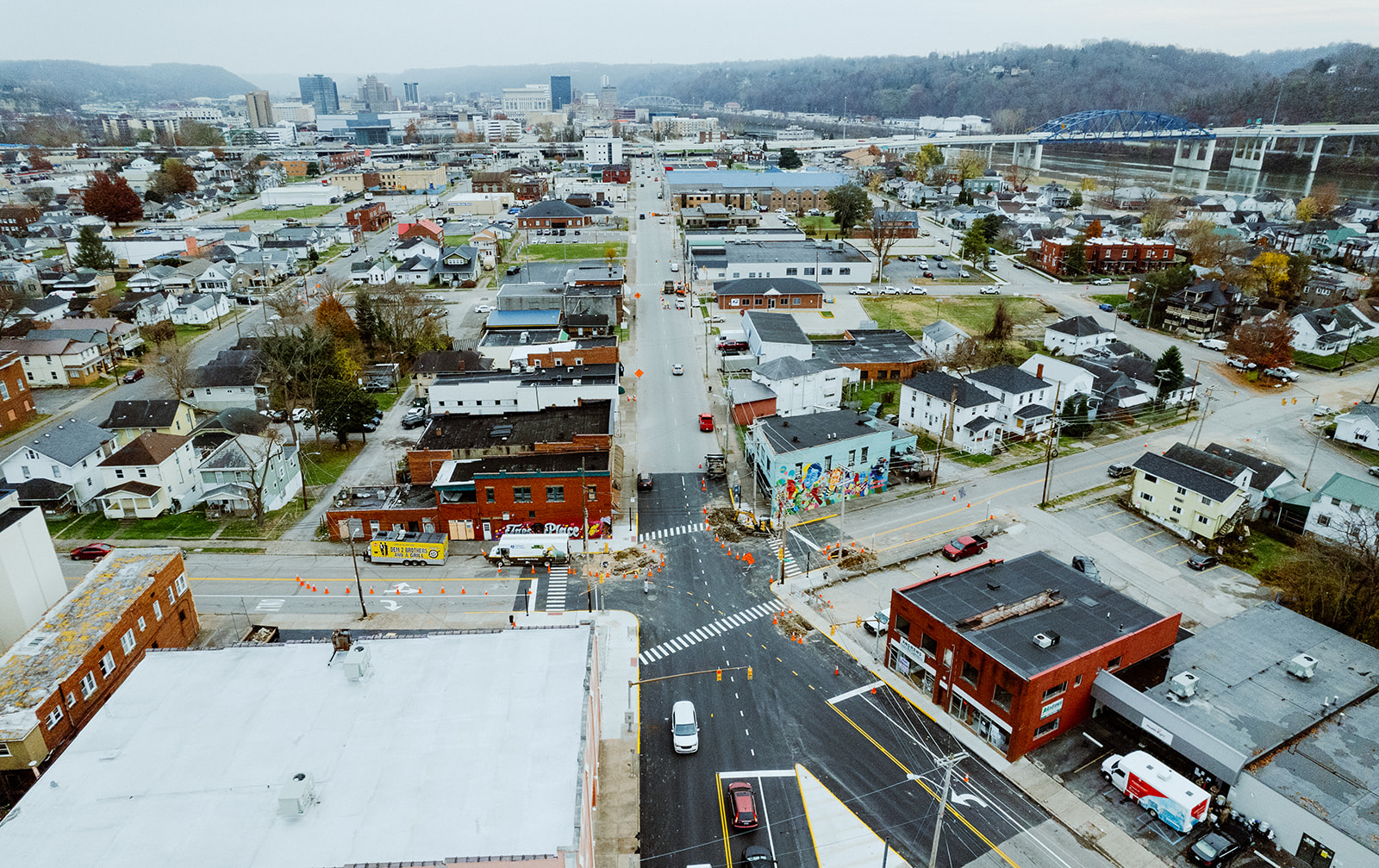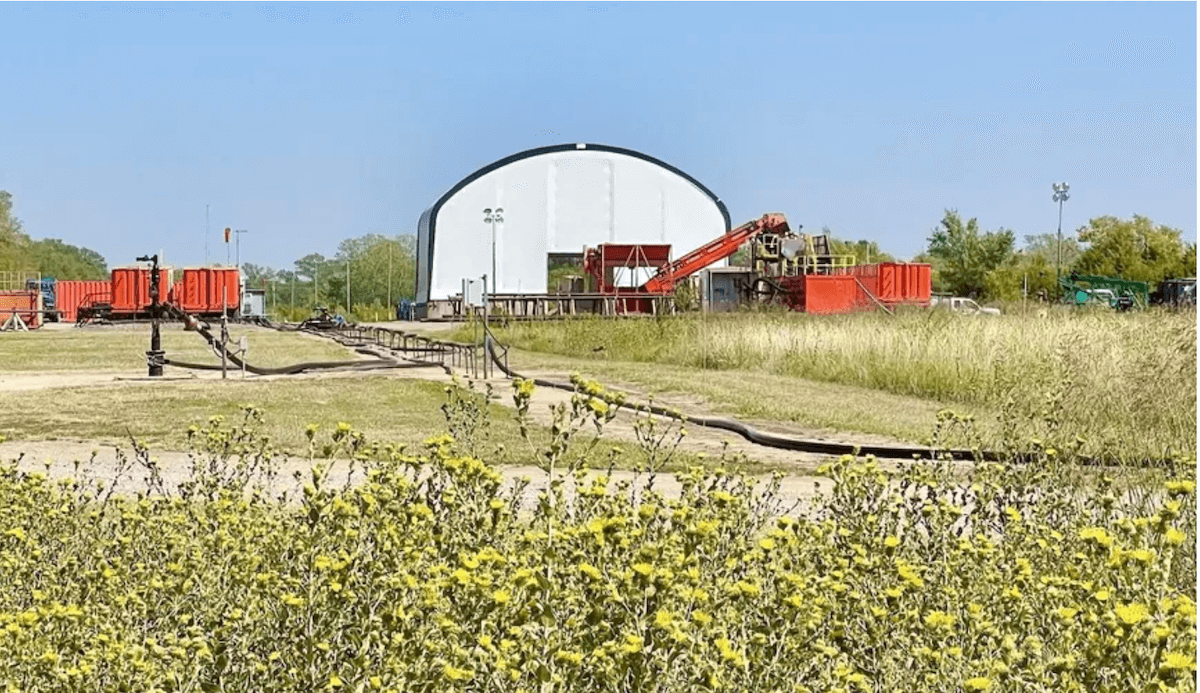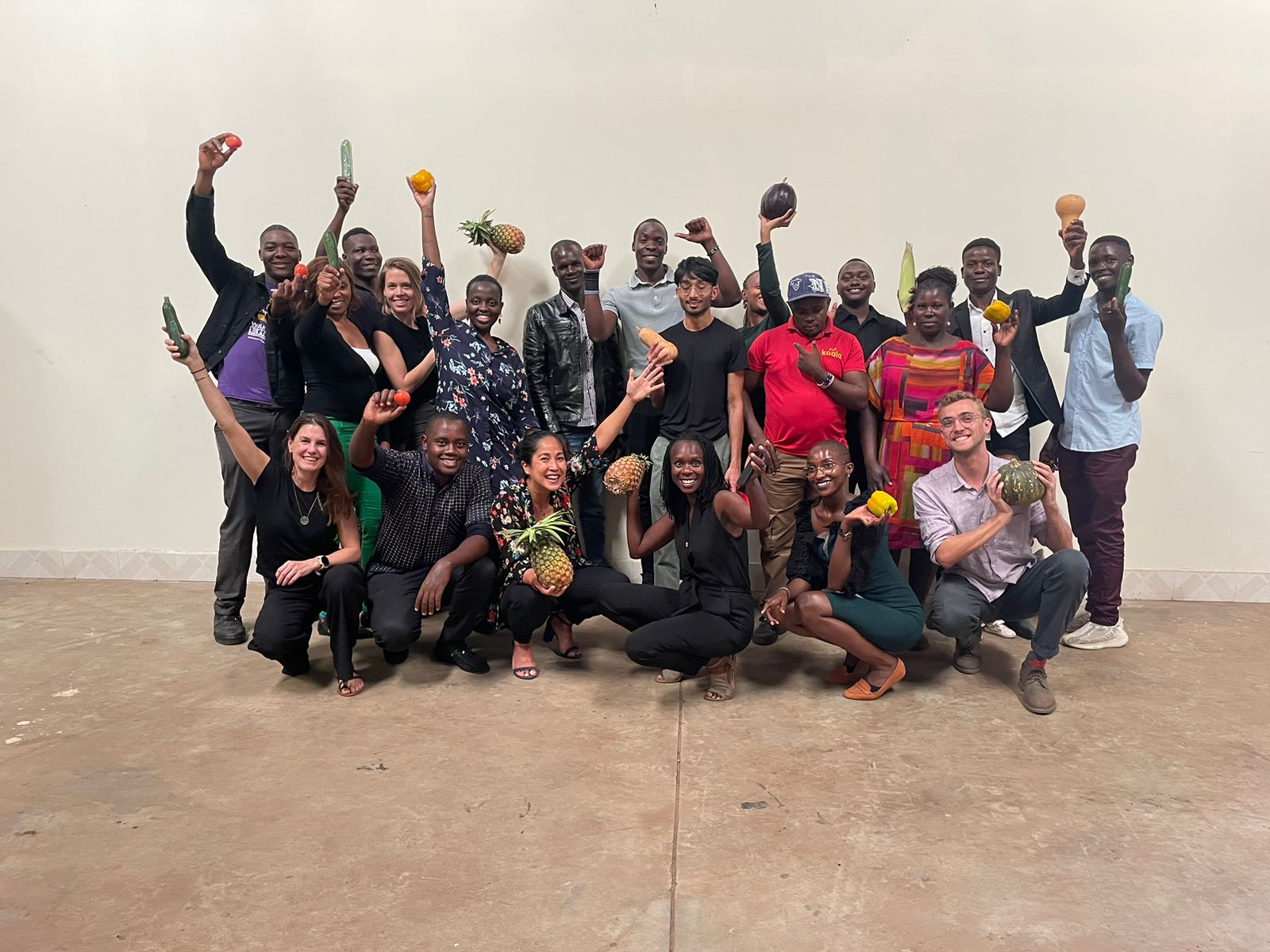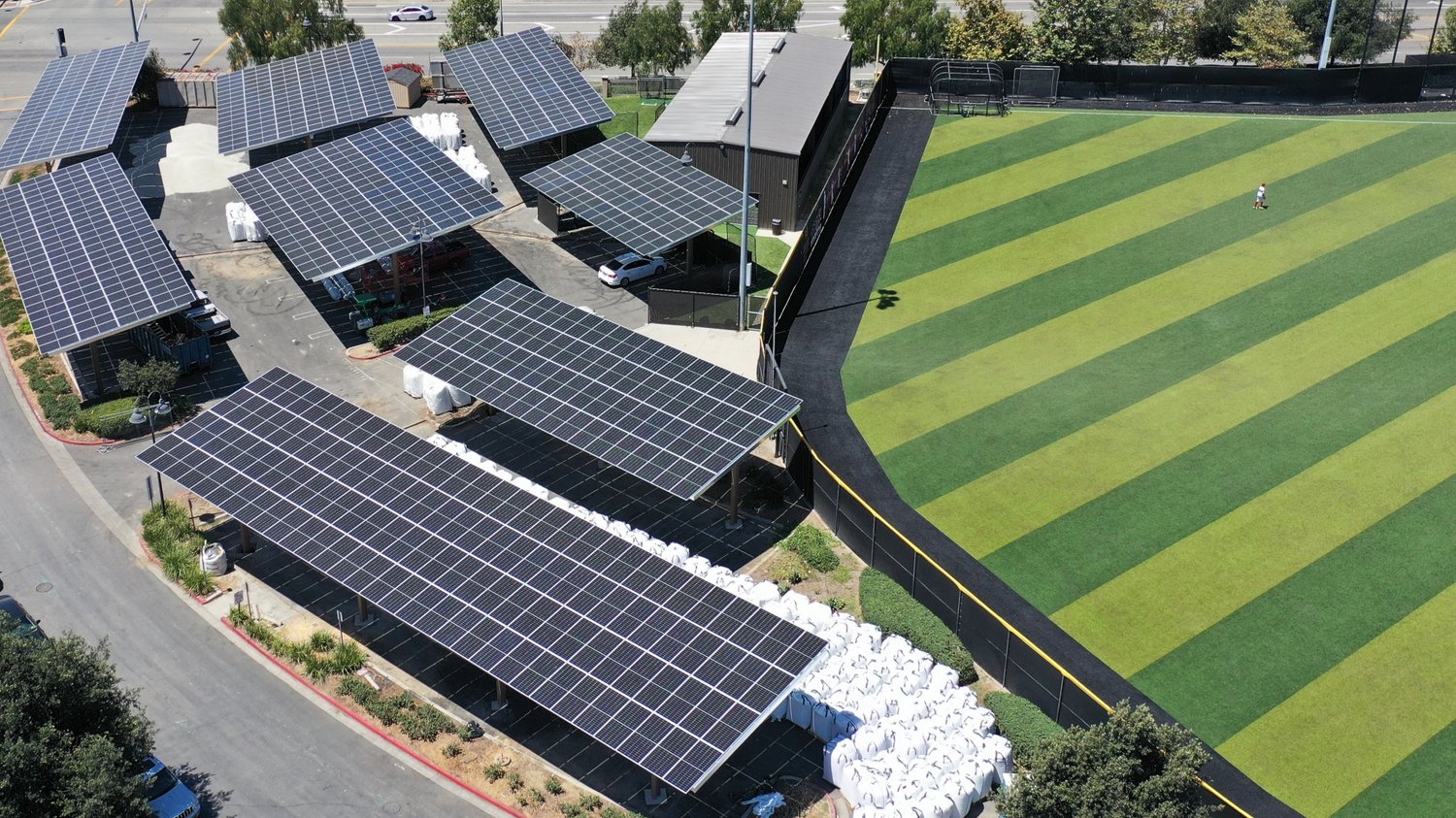ImpactAlpha, November 17 — An unparalleled wave of federal funding has sparked a cottage industry of organizations helping entrepreneurs, project developers and municipal leaders take advantage of the largesse, especially those in marginalized communities.
The Inflation Reduction Act, bipartisan infrastructure law, CHIPs and Science Act together represent hundreds of billions of dollars in government grants, loans and tax incentives intended to spur climate-smart infrastructure and a domestic supply chain for industries of the future such as green power and electric vehicles.
This week, San Francisco-based Pioneer snagged $2.9 million for an AI-powered platform that helps climate tech startups identify and apply for government funding opportunities.
Also this week, Invest in Our Future, a donor collaborative formed earlier this year by the Hewlett, MacArthur, Packard and Rockefeller foundations to help underserved communities access federal funds for climate-resilient projects, named an executive director, Peter Colavito, an advisor to unions, environmental groups and foundations. The initiative has grown its pooled capital to $240 million, up from $180 million.
Invest in Our Future and Pioneer are just two of a new crop of intermediaries making sure the federal funds are equitably distributed. Build US, another philanthropic collaboration, has raised $50 million from funders including the Skoll, Hewlett, Kellogg and Marguerite Casey foundations. The Milken Institute’s 10,000 Communities portal connects projects in underserved communities with state and federal funding resources.
“You have all these big promises right now about social justice, union jobs, Black and Brown communities, undoing redlining. But it’s not inevitable that you’ll get those social and economic outcomes through the ordinary functioning of markets, because they’re stuck in those places,” says Bracken Hendricks, a former policy advisor who helped develop climate policy for Governor Jay Inslee’s 2020 Presidential Campaign.
Hendricks co-founded Urban Ingenuity, a clean energy project development and financier to “bridge the market failures” and help “drive socially just, community-based, locally-owned economic development.” The firm in August raised a $5.25 million Working Power Impact Fund to provide pre-development and construction loans to community-owned solar projects. The fund sets up project-specific entities that are co-owned by Urban Ingenuity and a community group or local affordable housing developer. The projects are then aggregated to provide mission-based investors with a pool of vetted projects that they can deploy capital into.
“There is huge interest in the capital market, in investing in scaled pools of justice-centered clean energy that is advancing community based resilience,” Hendricks told ImpactAlpha.
Los Angeles-based nonprofit Hyphen calls itself an “equitable federal implementation organization.” It has been working to unlock funds from the Covid-era American Rescue Plan, including $10 billion for small business capital in underserved markets available through the State Small Business Credit Initiative. “That money is only going to be unlocked if there is private investment supporting the public dollars,” says Hyphen founder and former Obama administration official Archana Sahgal. Hyphen acts as an intermediary to help facilitate those public-private partnerships.
Sahgal figures there is some $4 trillion in public dollars available through the American Rescue Plan, infrastructure bill, IRA and Chips act. “I liken it to a 21st century New Deal,” she says. “It’s really important that we spend a little bit more time ensuring that the funding that’s been unlocked actually goes to where we’re needed to go.”











